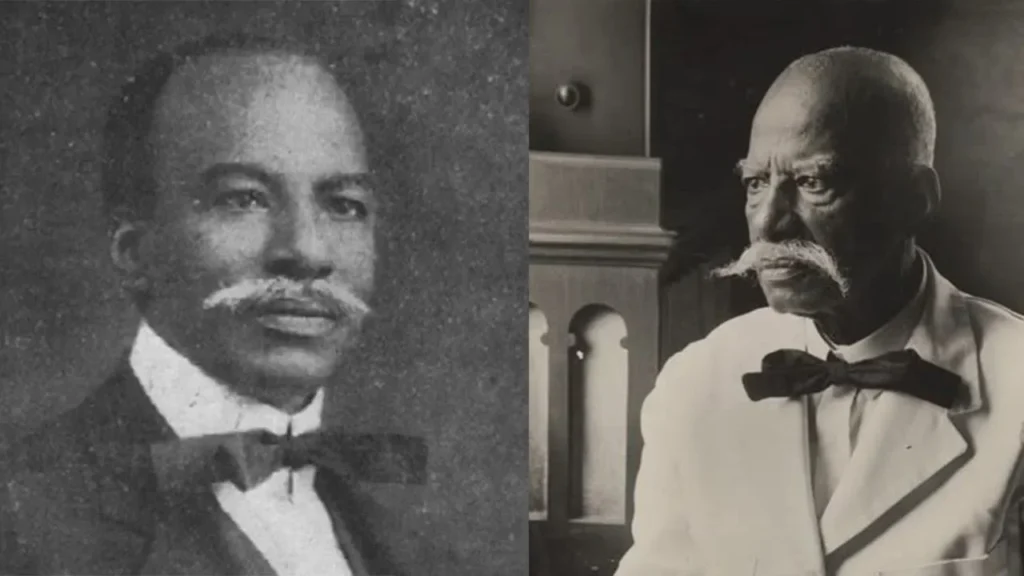THE family of the late Herbert Heelas Macaulay, widely regarded as the Father of Nigerian Nationalism, has rejected the manner in which the Federal Government included his posthumous pardon among a list containing convicted drug traffickers and other criminals.
News Point Nigeria reports that at a press conference in Lagos on Thursday, members of the Macaulay family, joined by Chief Olabode George, former Deputy National Chairman of the Peoples Democratic Party (PDP) and Atona Oodua of Yorubaland, expressed deep displeasure over what they described as a demeaning and careless lumping of Macaulay’s name alongside those of individuals “who broke the law.”
While commending President Bola Ahmed Tinubu for recognising Macaulay’s immense contributions to Nigeria’s freedom and political awakening, the family said any honour accorded to him must be done independently and with dignity, not as part of a general pardon list.
“Herbert Macaulay fought oppression and gave us the courage to stand as free men,” Chief George said. “His name must not be placed beside those of drug lords or criminals, but among those who built the nation and gave it identity.”
Chief George and the family urged the Federal Government to immortalise the late nationalist by naming a major national monument, institution, or landmark after him, in recognition of his unmatched contributions to the birth of modern Nigeria.
“Herbert Macaulay’s name must stand alone not among those who broke the law, but among those who built the nation,” George added.
Prominent family members present included Erelu Adeola Macaulay, Lanre Oshodi, Mayokun Thomas, Kofoworola Macaulay, Adeyinka Macaulay, Ayo Ogunlana, and Turi Akerele.
Speaking passionately about Macaulay’s legacy, Chief George described him as the man who lit the torch of Nigerian freedom, adding that his vision went far beyond politics.
“Herbert Macaulay did not live to see independence, but he built the road toward it,” George said. “His dream was of a Nigeria where every citizen regardless of tribe, creed, or class could stand tall with dignity.”
He reminded Nigerians that Macaulay’s activism and intellect laid the foundation for Nigeria’s self-determination, political consciousness, and democratic ideals.
“He envisioned a government that serves, not rules. Today, as we confront insecurity, inequality, and corruption, we must draw inspiration from his courage and moral clarity,” George said.
He urged young Nigerians to channel Macaulay’s spirit of service and innovation in using modern tools—education, technology, and communication for unity and progress.
“Macaulay fought without wealth, without weapons armed only with conviction,” he said. “You have tools he never dreamed of. Use them not for division or despair, but for change.”
The Tinubu administration recently announced a list of 82 convicts granted presidential clemency, including Herbert Macaulay, alongside individuals convicted of serious crimes such as drug trafficking, murder, and illegal mining.
The inclusion of Macaulay, a revered nationalist who died in 1946 on the same list as criminal offenders has sparked public outrage and political criticism, with opposition leaders and civic groups describing it as “an embarrassment to the nation’s moral compass.”
The Macaulay family’s rejection of the “lumped pardon” adds a new layer of pressure on the federal government to review the symbolic gesture and issue an independent national honour befitting the pioneer nationalist.







